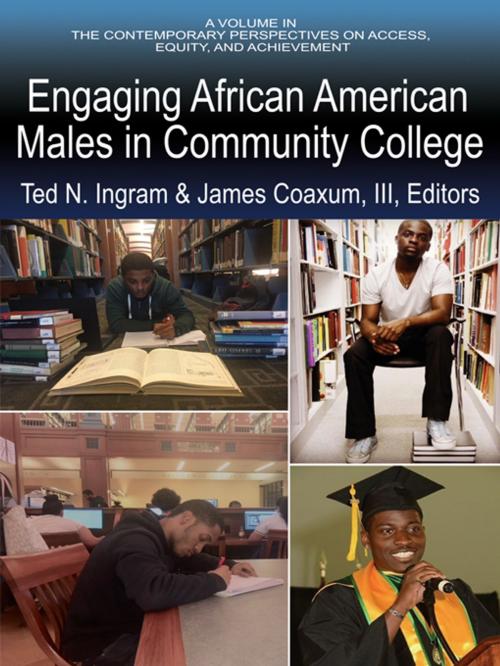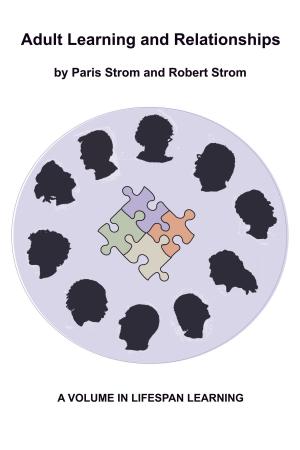Engaging African American Males in Community Colleges
Nonfiction, Reference & Language, Education & Teaching, Counseling & Guidance, Teaching| Author: | ISBN: | 9781641132299 | |
| Publisher: | Information Age Publishing | Publication: | May 1, 2018 |
| Imprint: | Information Age Publishing | Language: | English |
| Author: | |
| ISBN: | 9781641132299 |
| Publisher: | Information Age Publishing |
| Publication: | May 1, 2018 |
| Imprint: | Information Age Publishing |
| Language: | English |
This volume dedicated to the engagement of African American males in community colleges furthers the research agenda focused on improving the educational outcomes of African American males. The theme engagement also supports the anti-deficit approach to research on African American males developed by renowned research scholars. The true success of African American males in community colleges rests on how well these institutions engage young men into their institutions. This will require community colleges to examine policies, pedagogical strategies, and institutional practices that alienate African American males and fosters a culture of underachievement. The authors who have contributed to this volume all speak from the same script which proves than when African American males are properly engaged in an education that is culturally relevant, they will succeed. Therefore, this book will benefit ALL who support the education of African American males. It is our intent that this book will contribute to the growing body of knowledge that exists in this area as well as foster more inquiry into the achievement of African American males. The book offers three approaches to understanding the engagement of African American males in community college, which includes empirical research, policy perspectives and programmatic initiatives.
This volume dedicated to the engagement of African American males in community colleges furthers the research agenda focused on improving the educational outcomes of African American males. The theme engagement also supports the anti-deficit approach to research on African American males developed by renowned research scholars. The true success of African American males in community colleges rests on how well these institutions engage young men into their institutions. This will require community colleges to examine policies, pedagogical strategies, and institutional practices that alienate African American males and fosters a culture of underachievement. The authors who have contributed to this volume all speak from the same script which proves than when African American males are properly engaged in an education that is culturally relevant, they will succeed. Therefore, this book will benefit ALL who support the education of African American males. It is our intent that this book will contribute to the growing body of knowledge that exists in this area as well as foster more inquiry into the achievement of African American males. The book offers three approaches to understanding the engagement of African American males in community college, which includes empirical research, policy perspectives and programmatic initiatives.















